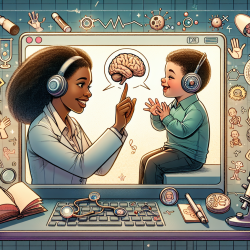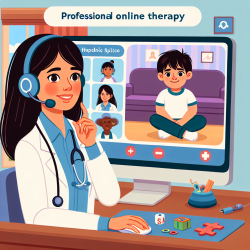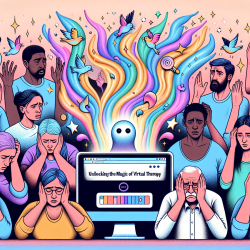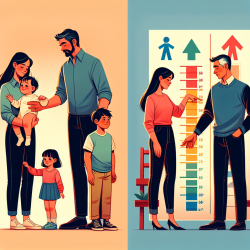The journey of a medical student is fraught with challenges that extend beyond academics. They encounter a myriad of social, cultural, and intellectual hurdles that shape their educational experience. Recent research titled "Evaluating Cognitive and Affective Abilities Among Medical Students: Behavioral and Medicolegal Perspectives" sheds light on these challenges and offers valuable insights for practitioners looking to enhance their skills.
The Intersection of Medicine and Law
The study explores the impact of medicolegal issues on students' cognitive functions and personality traits. Medicolegal situations often involve the intersection of medicine and law, encompassing scenarios like health services on campus, medical ethics, student rights, and legal implications from incidents involving students. These situations can significantly affect a student's cognitive profile and overall well-being.
Key Findings from the Research
- Males and students with chronic diseases are more exposed to medicolegal issues than their counterparts.
- Aggression scores are higher among exposed students, particularly males.
- Cognitive scores are higher for students from rural areas compared to urban areas.
- Females exhibit higher levels of neuroticism than males.
Implications for Practitioners
Understanding these findings can help practitioners tailor their approaches when working with students or clients facing similar challenges. Here are some ways practitioners can implement these insights:
- Awareness Campaigns: Conduct campaigns to educate students on the importance of disclosing unethical behaviors. This can help reduce stigma and encourage open communication.
- Peer Support Programs: Encourage peer educational programs where students can support each other in dealing with unethical misconduct or victimization.
- Cognitive Training: Implement training programs focusing on enhancing cognitive skills for students from urban areas who may score lower than their rural counterparts.
- Emotional Support: Provide emotional support for female students who may experience higher levels of neuroticism, helping them manage stress effectively.
Encouraging Further Research
The study highlights the need for ongoing research into the cognitive and affective abilities of students exposed to medicolegal issues. Practitioners are encouraged to delve deeper into this field to uncover new determinants that could aid in developing better support systems for affected individuals.
This research serves as a foundation for practitioners aiming to enhance their skills by understanding the complex interplay between cognitive functions, personality traits, and exposure to medicolegal issues.
Conclusion
The findings from this study provide a roadmap for practitioners to improve their approaches when dealing with medical students or clients facing similar challenges. By implementing targeted strategies based on these insights, practitioners can foster a more supportive environment that enhances both cognitive and affective abilities in individuals.
To read the original research paper, please follow this link: Evaluating cognitive and affective abilities among medical students: behavioural and medicolegal perspectives.










